Emergency Water Damage Repair: What You Must Do…
Learn the essential steps to take after water damage, from ensuring safety to preventing mold.…
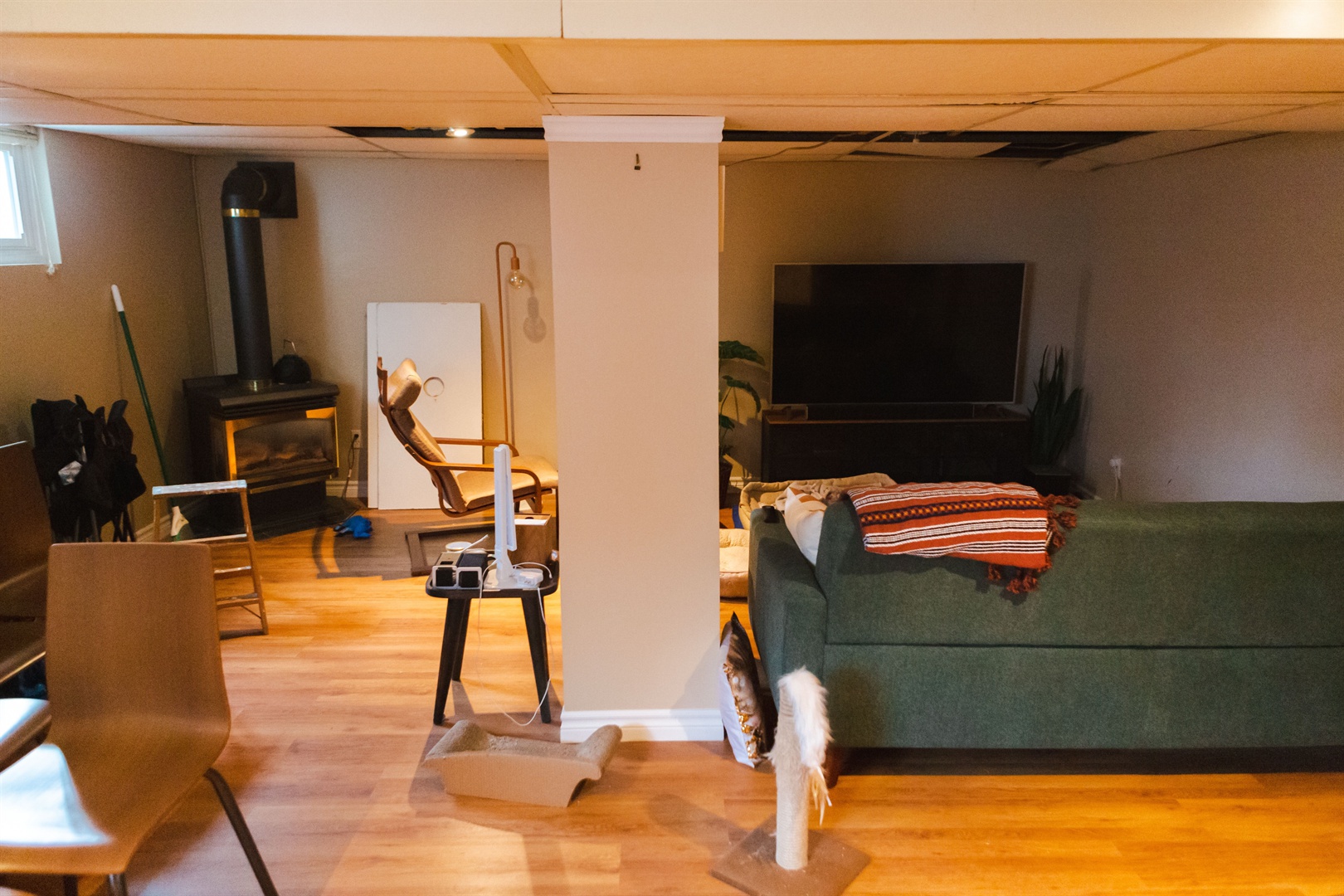
Water can easily find its way into basements, causing various problems. This happens due to factors like heavy rainfall, plumbing leaks, or poor drainage systems. Basements are particularly vulnerable because they sit below ground level, which makes them prone to water intrusion. Once water enters the basement, it can lead to structural damage, mold growth, and ruined personal belongings. These issues can quickly escalate, making it essential to address basement water damage promptly to avoid bigger problems down the line.
Time is of the essence when it comes to basement water damage. The longer water sits in the basement, the more damage it can cause to the foundation and any belongings stored there. Mold can start growing within 24 to 48 hours, so it is critical to act fast. Removing water, drying out the basement, and repairing any damage right away can save you from expensive repairs in the future. It is always better to address the problem early rather than wait until the damage becomes severe.
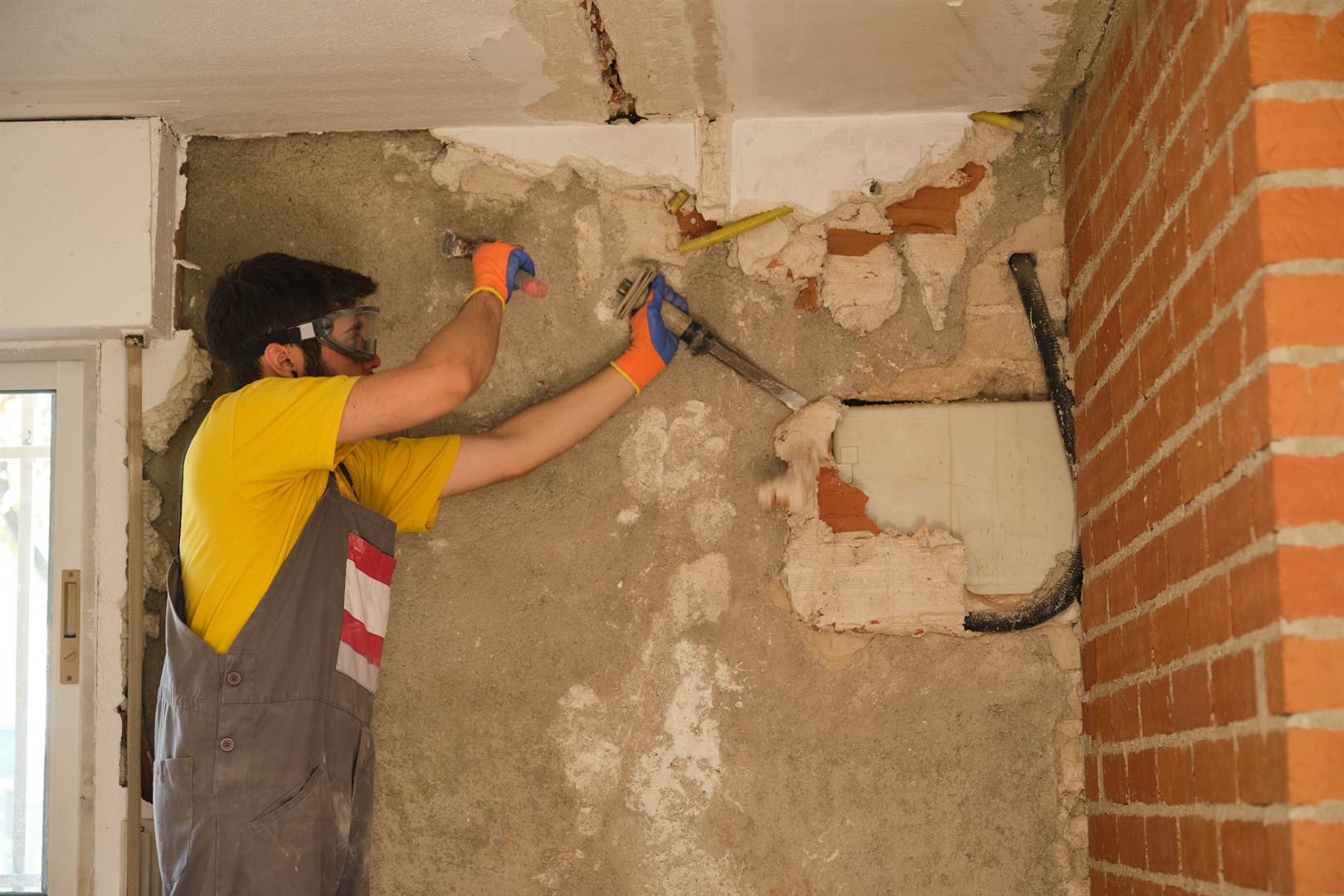
Identifying the source of basement water damage is essential to solving the problem. Common causes include foundation cracks, leaking pipes, and poor drainage systems. Repairing the source of water intrusion quickly can prevent future damage and protect your home.
Before you can repair basement water damage, it is essential to identify where the water is coming from. There are several common sources, including leaking pipes, foundation cracks, or poor drainage systems. By determining the source of the water, you can take the proper steps to fix the issue and prevent further damage. Ignoring the source could lead to repeated flooding and even more severe damage to your home. A careful inspection of your basement and surrounding areas is crucial for identifying the problem.
Cracks in the foundation can allow water to seep into the basement. These cracks often develop due to natural settling over time or pressure from surrounding soil. Even small cracks can let in enough water to cause significant damage. If left unaddressed, foundation cracks can worsen and compromise the structural integrity of your home. To fix the issue, these cracks need to be sealed with waterproof materials, and in some cases, professional foundation repair may be necessary to prevent future water intrusion.
Plumbing leaks are another common source of basement water damage. A broken or leaking pipe can result in a slow drip or a full-blown flood, depending on the severity of the issue. Even small leaks can lead to long-term water damage if they go undetected. If you suspect that a pipe is leaking, it is important to act quickly and have a professional plumber assess the situation. Repairing a leaking pipe as soon as possible can prevent extensive water damage and avoid costly repairs.
Improper drainage around your home is another leading cause of basement flooding. When gutters and downspouts are clogged or incorrectly installed, water can pool around the foundation of your home. This increases the likelihood of water seeping into the basement, especially during heavy rain. Installing proper drainage solutions, like extending downspouts or grading the landscape to direct water away from the house, can help prevent this issue. Regular maintenance of your drainage system can also prevent water from entering your basement and causing damage.
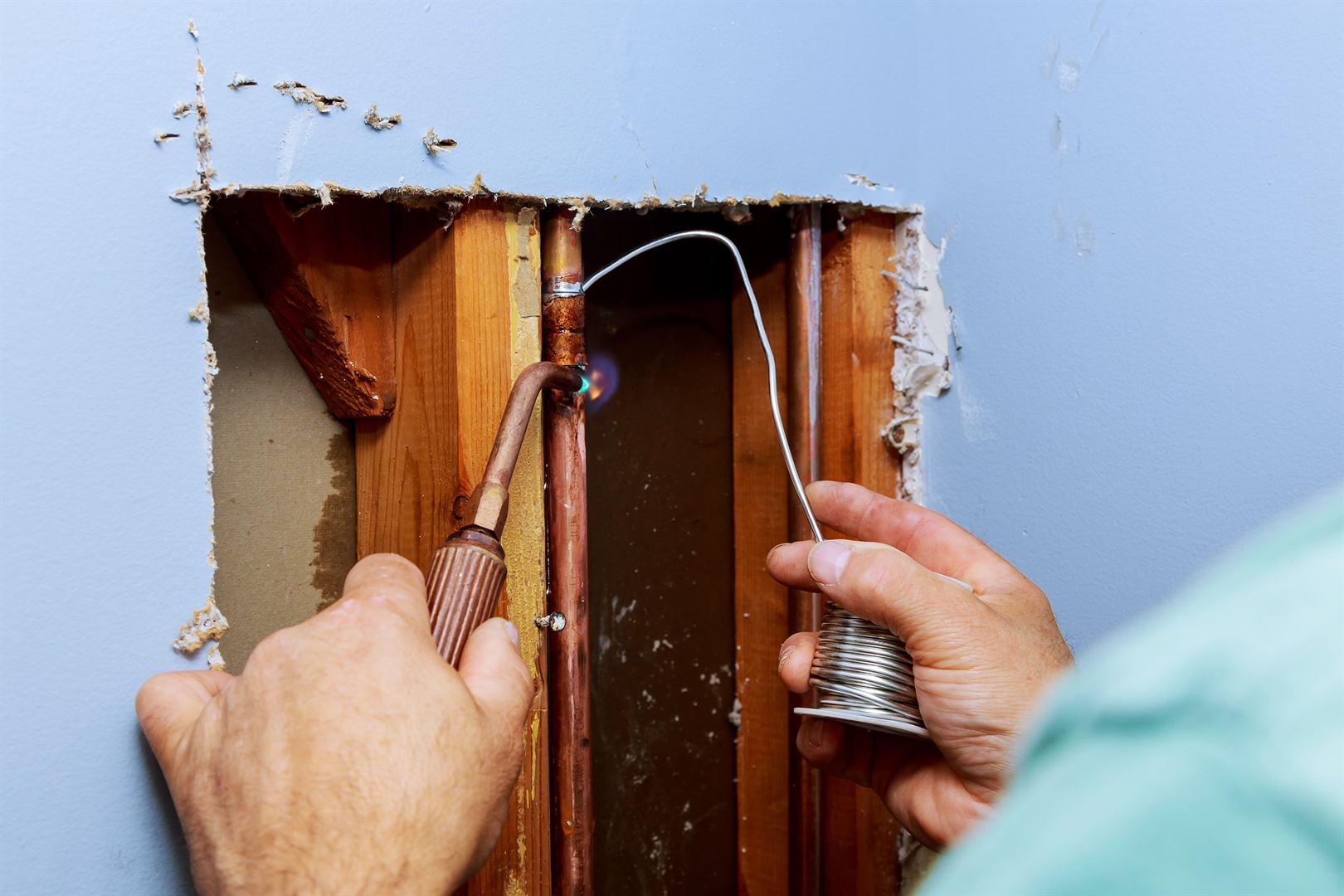
Acting fast after basement water damage is essential to minimize the impact. Stopping the water source, turning off electricity, removing water quickly, and moving items are all crucial first steps to prevent further damage.
The first step when you notice water damage in your basement is to stop the source of the water as quickly as possible. If the flooding is due to a burst pipe, find the main water supply valve and turn it off to halt the flow of water immediately. If the problem is caused by a broken appliance, unplug it and make sure the water supply to that appliance is turned off. For issues related to heavy rainfall, check your gutters and downspouts to ensure they are directing water away from your foundation. Delaying this step can result in more extensive damage to your basement and home, leading to costly repairs down the line.
Before you step into a flooded basement, safety should be your top priority. Water and electricity can be a dangerous combination, so turning off the electricity in that area is crucial. Locate your circuit breaker and switch off the power to the affected rooms. If you see any sparks or feel a tingling sensation when you touch anything wet, retreat immediately and call a professional. If you are uncertain about handling the electrical system, it is always wise to consult an electrician. Prioritizing safety can prevent serious injuries during a stressful situation.
Once you have controlled the water source and ensured that the electricity is off, it is time to start removing the water. The faster you can get the water out, the less damage your basement will sustain. For smaller amounts of water, a wet/dry vacuum can be very effective. However, for larger floods, a sump pump can make the job much easier. Place the sump pump in the lowest part of the basement to remove the water efficiently. Even after you think you have removed most of the water, using fans and dehumidifiers will help dry the remaining moisture, reducing the risk of mold growth and preserving your home’s structural integrity.
In addition to removing the water, it is important to rescue your belongings. Quickly moving furniture, boxes, and other items to a dry area can save them from water damage. If items are already soaked, consider placing them outside in the sun to dry or using fans to circulate air around them. For items that are seriously damaged, such as carpets or upholstered furniture, it may be necessary to discard them to prevent mold. Keeping a detailed inventory of your belongings can also help when dealing with insurance claims later. Remember, the sooner you act, the better the chances of saving your personal items from permanent damage.
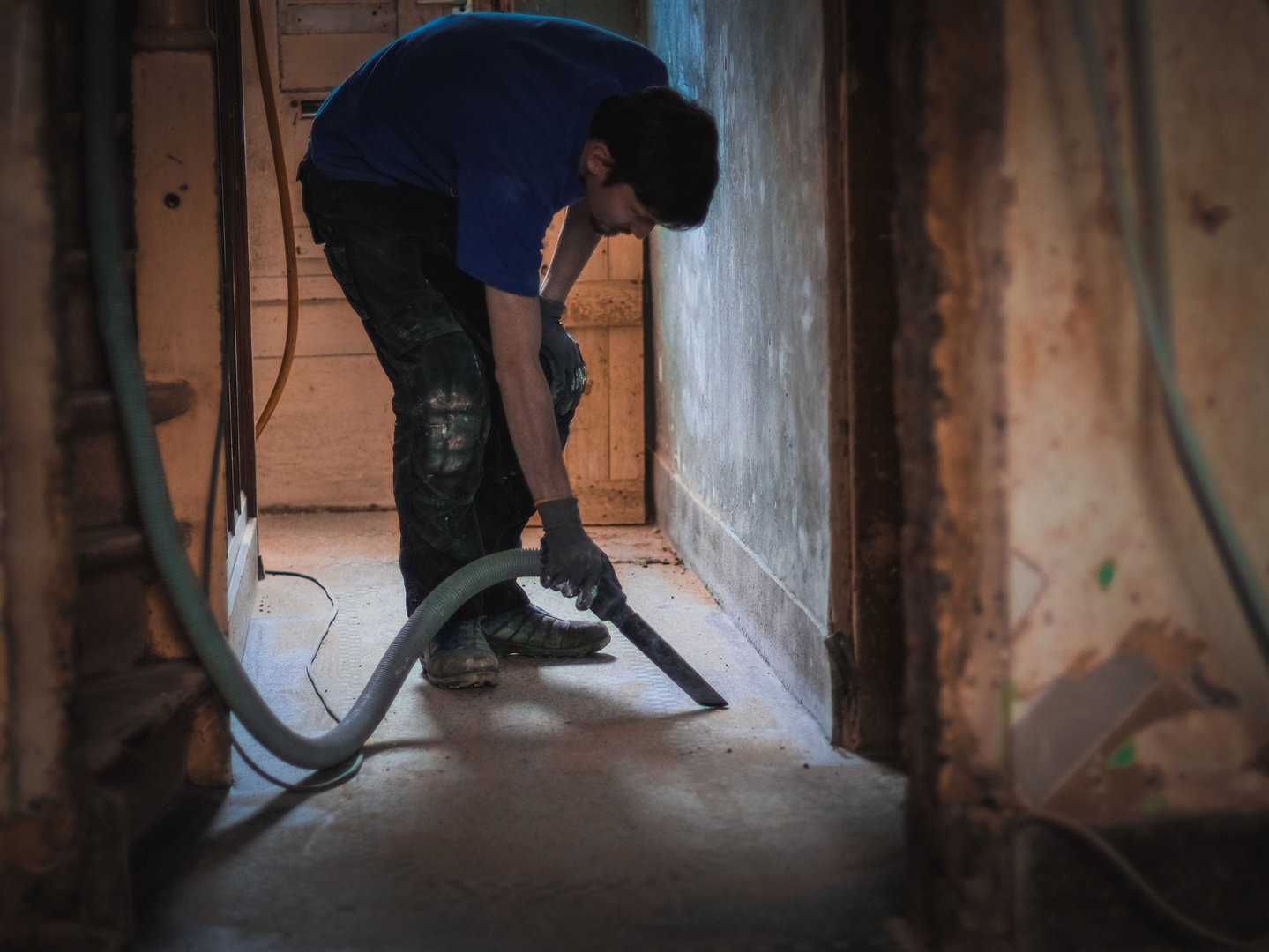
Effective repair solutions for basement water damage include sealing foundation cracks, installing sump pumps, improving drainage systems, and using waterproofing products to keep your home safe. These proactive steps can save you time, money, and stress in the long run.
Foundation cracks can be a major source of water intrusion in your basement, allowing moisture to seep through and cause damage. These cracks can develop for various reasons, including shifting soil, settling, and even temperature changes. To fix these cracks, start by cleaning out any debris from the crack. Next, use a high-quality epoxy or hydraulic cement to seal the crack effectively. For larger or more serious cracks, it may be beneficial to consult a professional who can assess the situation and provide a more permanent solution. Regularly inspecting your foundation for new cracks can help you address issues before they escalate, ensuring your basement stays dry.
A sump pump can be a lifesaver when it comes to protecting your basement from future flooding. This device works by automatically detecting water levels in your basement and pumping out any excess water to keep the area dry. Installing a sump pump is often a straightforward process, but it is important to position it in the lowest part of your basement for maximum effectiveness. If you live in an area that frequently experiences heavy rain or floods, having a sump pump can provide peace of mind and protect your belongings.
An effective drainage system is key to preventing water from accumulating around your home’s foundation. Start by ensuring that your gutters and downspouts are clean and functioning properly. Clogged gutters can overflow and direct water toward your foundation, leading to flooding. Downspouts should be extended at least 6 feet away from your home to ensure water drains away effectively. Additionally, consider grading your yard to slope away from your foundation, which helps direct water away from your basement. Installing a French drain around the perimeter of your home can also help collect and redirect water away, keeping your basement dry and secure.
Applying waterproofing solutions to your basement walls and floors is a proactive step that can help prevent water damage. There are many products available that create a barrier against moisture, helping to keep your basement dry. This might include waterproof paints, sealants, or membranes designed specifically for basement use. Before applying any waterproofing material, make sure the surface is clean and dry to ensure proper adhesion. Regular maintenance of these products is essential, as wear and tear can reduce their effectiveness over time. By investing in waterproofing, you can significantly decrease the chances of future water intrusion and protect your home’s foundation.
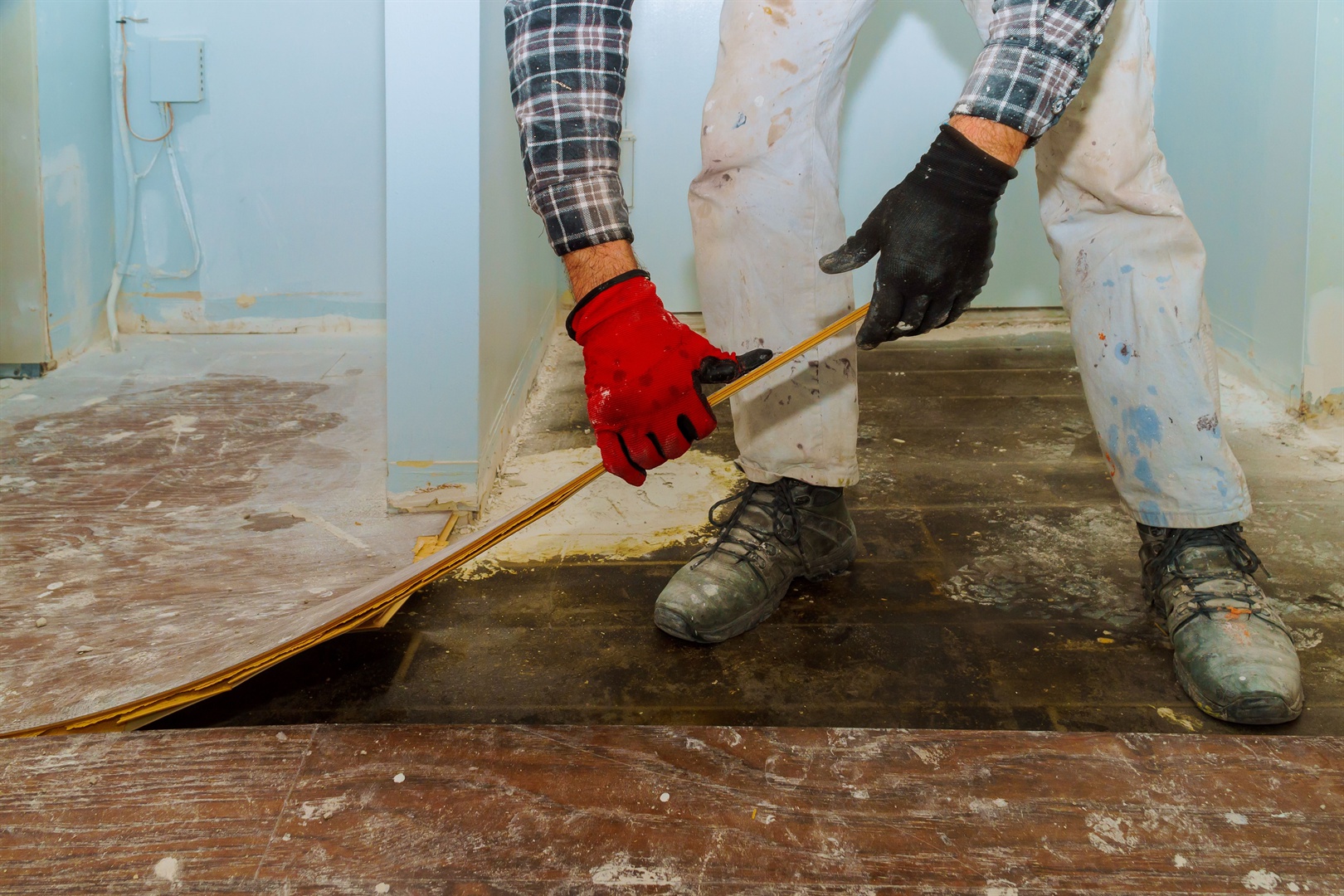
Mold and mildew are common after water damage. You can prevent them with proper ventilation and quick drying. If mold has already developed, cleaning and disinfection are essential. In serious cases, professional help may be required to remove it safely.
Mold and mildew are common problems after basement water damage. These fungi thrive in damp, dark environments, and a wet basement is the perfect breeding ground. The longer water sits, the more likely mold will grow, often within 24 to 48 hours. This growth not only damages your property but also poses health risks. Breathing in mold spores can trigger allergies, asthma, and other respiratory problems. To prevent mold from forming, it is essential to dry the area quickly, ventilate the basement, and remove any standing water as soon as possible.
One of the easiest ways to prevent mold and mildew is by improving air circulation in your basement. Opening windows, using fans, or even installing a dehumidifier can help keep the air dry. Mold spores thrive in humid environments, so reducing the moisture level is critical. Running a dehumidifier regularly is a good way to control humidity and prevent mold from growing. Good ventilation also prevents musty odors that often develop in basements with poor airflow.
Once mold starts to grow, it can quickly spread to walls, floors, and even furniture. That is why it is important to clean and disinfect the affected areas immediately. Use mold-killing products or a mixture of water and bleach to clean the surfaces. Be thorough and make sure to reach all damp areas where mold may be hiding. Throw away any items that have been soaked for an extended time and cannot be fully dried. This will prevent the mold from coming back.
If mold growth is extensive or you can’t handle the cleanup on your own, it is best to call in a professional mold remediation service. Mold specialists have the tools and expertise to safely remove mold without causing further damage. They can also inspect your basement to identify hidden mold and ensure the area is fully dried and treated to prevent future growth.
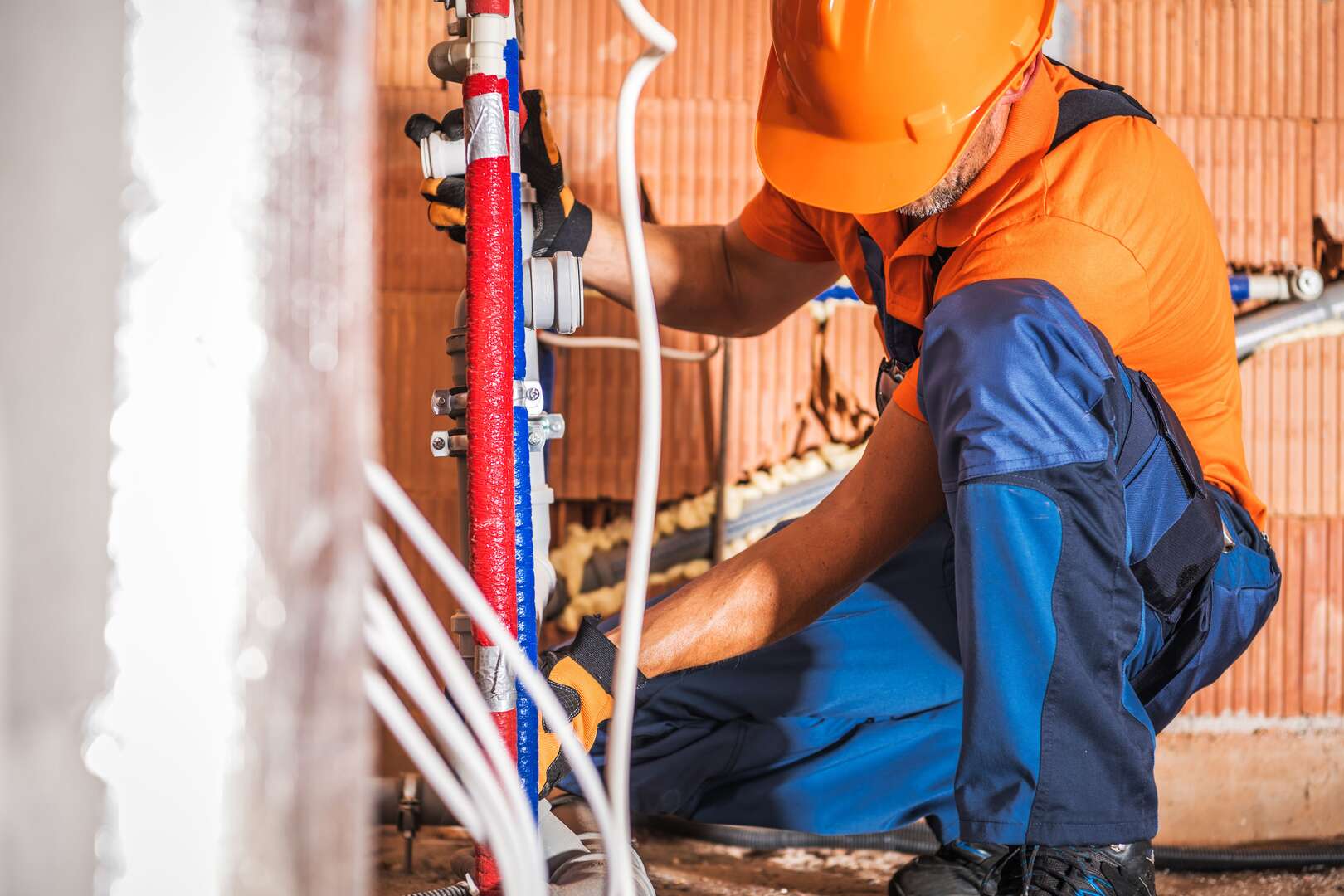
Professional help is essential for severe water damage, health risks, or structural issues. Experts handle complex cleanups safely and offer long-term solutions to prevent future damage. If the situation feels too much to manage alone, reaching out for expert assistance can save you time, money, and stress.
Sometimes, basement water damage can be too severe to handle on your own. If large amounts of water have flooded the area, or if the water has been sitting for an extended time, calling professionals is your best option. Experts have specialized equipment to remove water quickly and effectively. Trying to deal with major flooding without the right tools can lead to incomplete drying, which can cause more damage in the long run. If the damage seems overwhelming, professional help can save you time and stress.
If the water damage involves sewage or contaminated water, the cleanup can be hazardous. In such cases, it is crucial to call professionals who have the training to handle biohazard situations safely. Mold, bacteria, and other harmful substances in the water can pose serious health risks if not cleaned properly. Professional teams are equipped with protective gear and advanced cleaning methods to ensure that the space is thoroughly sanitized.
Water damage can weaken the foundation and walls of your home. If you notice cracks, sagging floors, or other structural concerns, you will need to bring in professionals to assess the situation. They can determine the extent of the damage and recommend necessary repairs. Ignoring structural damage can lead to bigger problems, including safety risks for your home’s occupants. A professional evaluation will give you peace of mind that the damage is addressed properly.
Hiring professionals for basement water damage repair not only solves the immediate problem but also helps prevent future issues. Restoration experts can offer long-term solutions like waterproofing your basement, installing sump pumps, or improving drainage around your home. These steps can protect your home from future flooding and save you from costly repairs down the road. It is an investment that provides lasting peace of mind.

Basement water damage repair costs depend on the extent of damage, from minor repairs to major restoration. Hiring professionals may increase costs, but insurance can help offset expenses in some cases.
When dealing with basement water damage, the cost can range widely. The expenses depend on the source of the water, the size of the affected area, and how quickly you act. Small leaks might only cost a few hundred dollars to fix, while severe flooding or structural damage can run into the thousands. If mold develops, it adds another layer of expense, as mold remediation requires specialized cleaning and treatment.
Minor water damage, such as a small leak or patch of dampness, can be addressed with basic repairs like sealing cracks or fixing a faulty pipe. These fixes are relatively low-cost compared to more severe damage, where entire sections of walls, flooring, or even the foundation might need repair. More extensive issues require more labor, materials, and equipment, which drives up the cost significantly. In some cases, the damage might be so extensive that it requires full restoration of your basement.
Professional services come at a cost, but they are often necessary for large-scale water damage repairs. While DIY solutions might save money upfront, professionals bring the experience, tools, and knowledge needed to fully address the damage. Hiring experts also ensures the problem is fixed correctly the first time, avoiding future issues. Restoration companies typically offer full-service solutions, including drying, repair, and mold removal, which can be a worthwhile investment to protect your home.
In some cases, homeowners insurance may cover the cost of repairs, but it depends on the cause of the water damage. Most policies cover sudden and accidental damage, like a burst pipe, but not long-term issues like slow leaks or poor maintenance. It is important to understand your coverage and file claims quickly. Contact your insurance company to see if the damage qualifies for coverage and what documentation is needed.
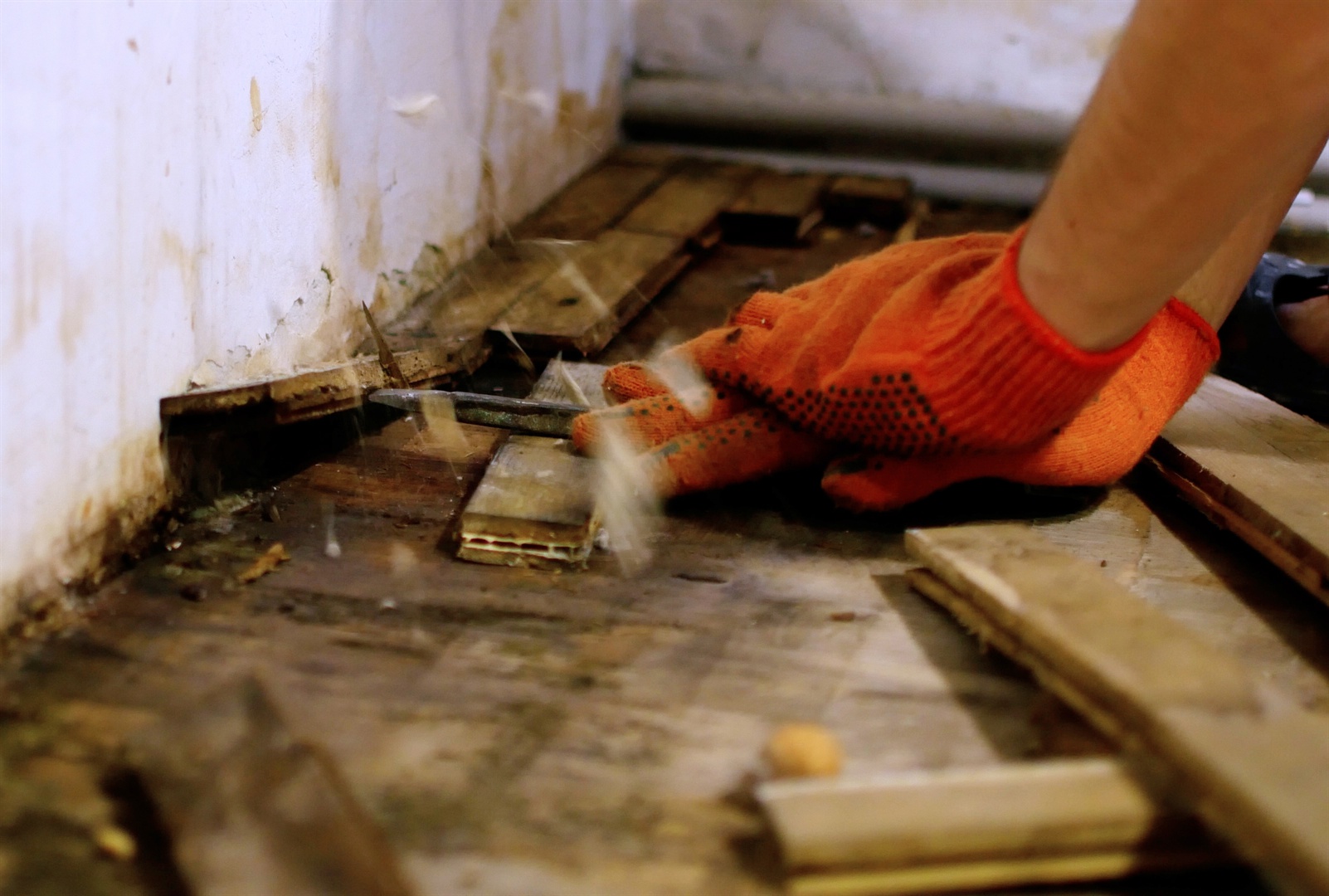
Preventing basement water damage involves maintaining good drainage, sealing cracks, and using a sump pump. Regular inspections and proactive steps can help keep your basement dry and protected.
The first line of defense against basement water damage is proper drainage. Ensuring that gutters, downspouts, and drainage systems are clear of debris and working correctly helps direct water away from your home’s foundation. Water that pools near the foundation can easily find its way into your basement, so make sure your downspouts extend at least 6 feet away from your home. Regularly cleaning and maintaining your gutters will help prevent overflow during heavy rains.
Cracks in the foundation or walls allow water to seep in, even during light rain. Sealing these cracks with waterproof caulk or other sealants is an easy and effective way to prevent leaks. For homes in areas prone to heavy rain or flooding, applying a waterproof coating to the walls and floors of the basement can provide an extra layer of protection. These coatings help repel water and keep your basement dry, even when outside conditions are wet.
A sump pump is one of the most effective ways to protect your basement from flooding. These devices automatically pump water out of your basement when it reaches a certain level, preventing significant water buildup. Sump pumps are especially helpful during storms or when the water table rises. It is important to have a backup power source, like a battery, to ensure your sump pump works during power outages, which often accompany heavy storms.
Scheduling regular inspections of your home’s plumbing, foundation, and drainage systems can catch potential water problems before they become major issues. Checking for early signs of water damage, like damp spots or musty odors, allows you to address the problem right away. Regularly inspecting your basement for any changes can save you from larger, more expensive repairs later on.
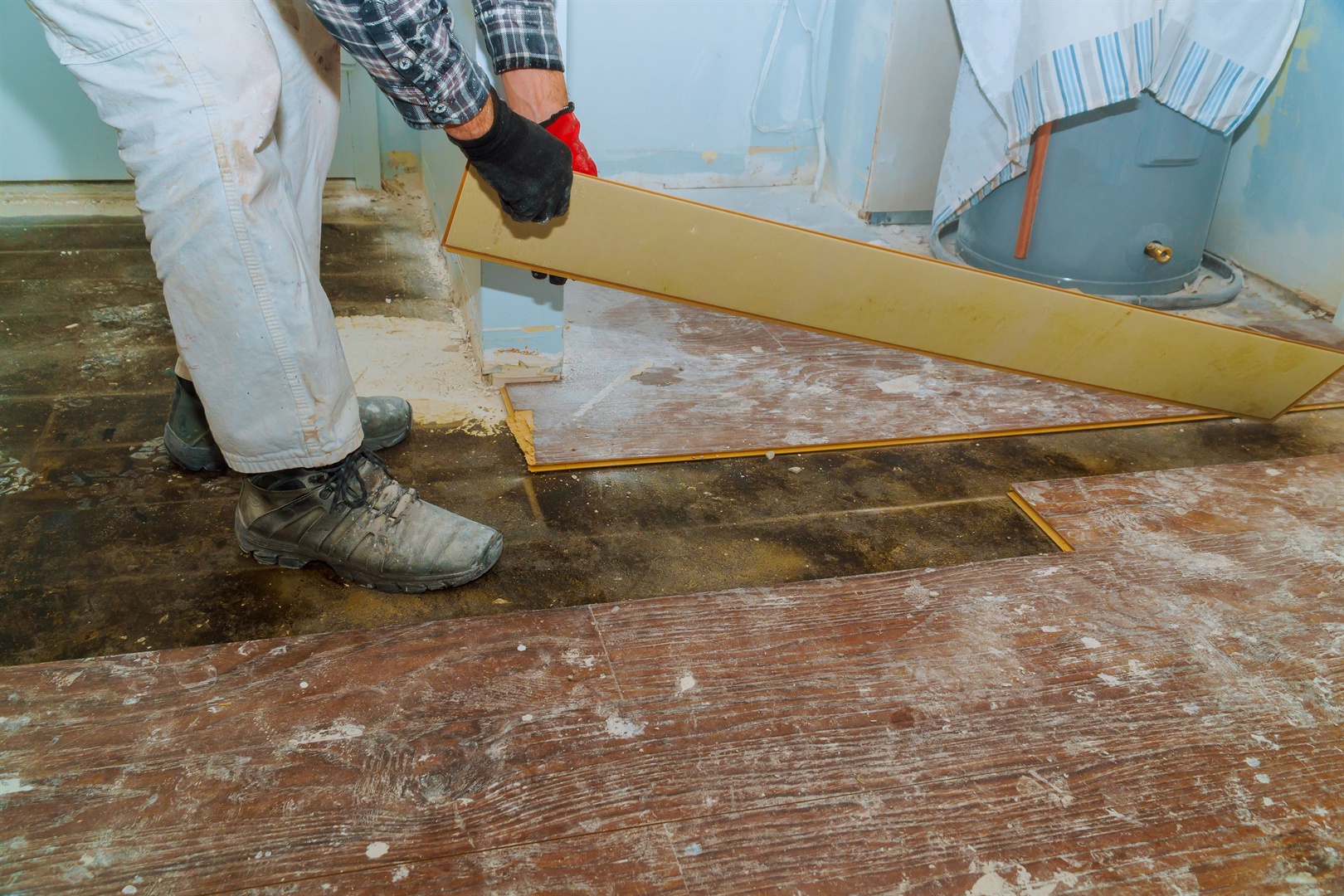
Basement water damage can lead to a variety of serious issues, including structural deterioration, mold growth, and the destruction of personal belongings. Addressing these problems as soon as they are detected is crucial to minimizing long-term damage and maintaining the integrity of your home. By identifying the root causes of water intrusion—whether it is due to poor drainage, leaking pipes, or cracks in the foundation—you can apply the right repair solutions to protect your space.
Get It Done Restoration is your partner in ensuring your home remains safe, dry, and functional. Our team of experts is equipped with the tools and experience needed to handle everything from minor water damage to full-scale restoration. We not only repair and restore, but we also help you implement preventative measures to reduce the likelihood of future water damage. By staying ahead of potential issues and addressing them quickly, you can preserve the value of your home and enjoy peace of mind. Do not wait until it is too late – reach out to us today to explore the best solutions for your basement water damage repair needs.
Subscribe to our newsletter to see the latest blogs
Learn the essential steps to take after water damage, from ensuring safety to preventing mold.…
Ensure safety in older homes with professional asbestos inspections. Learn why identifying and removing asbestos…
Learn why DIY black mold removal is dangerous and how professional mold remediation ensures complete,…
Learn about smoke damage restoration, its health risks, and professional solutions to clear the air…
Learn effective basement water damage repair solutions, from identifying causes and quick fixes to professional…
Discover essential tips and steps for effective water damage restoration. Learn how to protect your…
Copyright © 2023. All rights reserved.
If you are in need of an emergency service, please directly call us at 416-800-5050. We are 24/7 available throughout the year.